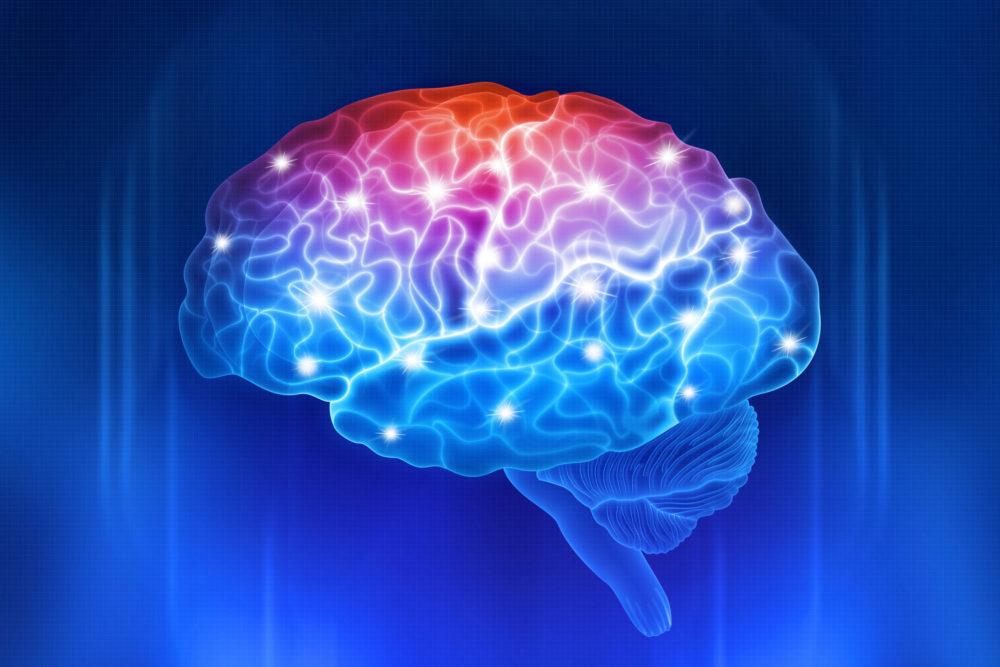
Barrow Neurosurgeon to Study Rewiring of Brain in Diabetes
Diabetes occurs when glucose, or sugar, builds up in the bloodstream due to a lack of insulin or the body’s inability to use insulin efficiently. Insulin is made by the pancreas and normally helps move glucose from the foods we eat into our cells, which use it for energy. Over time, high blood sugar can cause a variety of health problems.
Type 2 diabetes is one of the most common and costly diseases in the United States. It affects approximately 10 percent of Americans and 25 percent of U.S. Department of Veterans Affairs patients. It accounts for more than $320 billion per year in health care costs.
Despite the introduction of more than 40 new diabetes medications since 2005, outcomes for patients with type 2 diabetes haven’t improved overall.
Dr. Mirzadeh believes the problem may be an incomplete understanding of the disease.
Existing diabetes drugs work by acting on the peripheral organs, such as the pancreas, gut, liver, and muscles. While these organs can successfully lower blood sugar in response to medications, the effect is temporary. Blood sugar increases to a similarly high level once the drugs wear off.
An increasing amount of evidence suggests that type 2 diabetes is fundamentally a problem of the brain maintaining an abnormally high set-point for blood sugar.

Barrow Neurosurgeon
“Think of diabetes like a malfunctioning air conditioning unit,” Dr. Mirzadeh said. “Rather than focusing on the ventilation ducts or the motor, we may need to address the regulator or the thermostat.”
A recent study found that a single dose of a brain-directed drug was able to induce remission in mice with type 2 diabetes—something current medications haven’t achieved. When diabetes is in remission, the body maintains healthy blood sugar levels without medication. The drug appears to work by triggering some rewiring of brain circuits—the connections of neurons and the path of electrical activity between them.
In addition to the evidence pointing to glucose-regulating neural circuits as potential drug targets, a recent study showed that rewiring neural circuits with deep brain stimulation (DBS) can improve blood sugar levels in type 2 diabetes patients. DBS involves surgically implanting a system that delivers electrical impulses to specific areas of the brain to regulate abnormal neural circuits.
The U.S. Food and Drug Administration has already approved DBS for the treatment of Parkinson’s disease, essential tremor, dystonia, and epilepsy. A clinical trial has also shown promise for DBS in Alzheimer’s disease.
This growing body of research indicates that a future for brain-directed, possibly neurosurgical, therapies may be on the horizon for type 2 diabetes.
Dr. Mirzadeh’s studies will focus on understanding how wiring is controlled in the areas of the brain that regulate blood sugar and metabolism, how this wiring is affected in mouse models of type 2 diabetes, and how strategies aimed at rewiring these areas may induce lasting remission of the disease.
“The long-term impact of these studies will be to reframe how we think about type 2 diabetes pathogenesis and its treatment,” he said.
